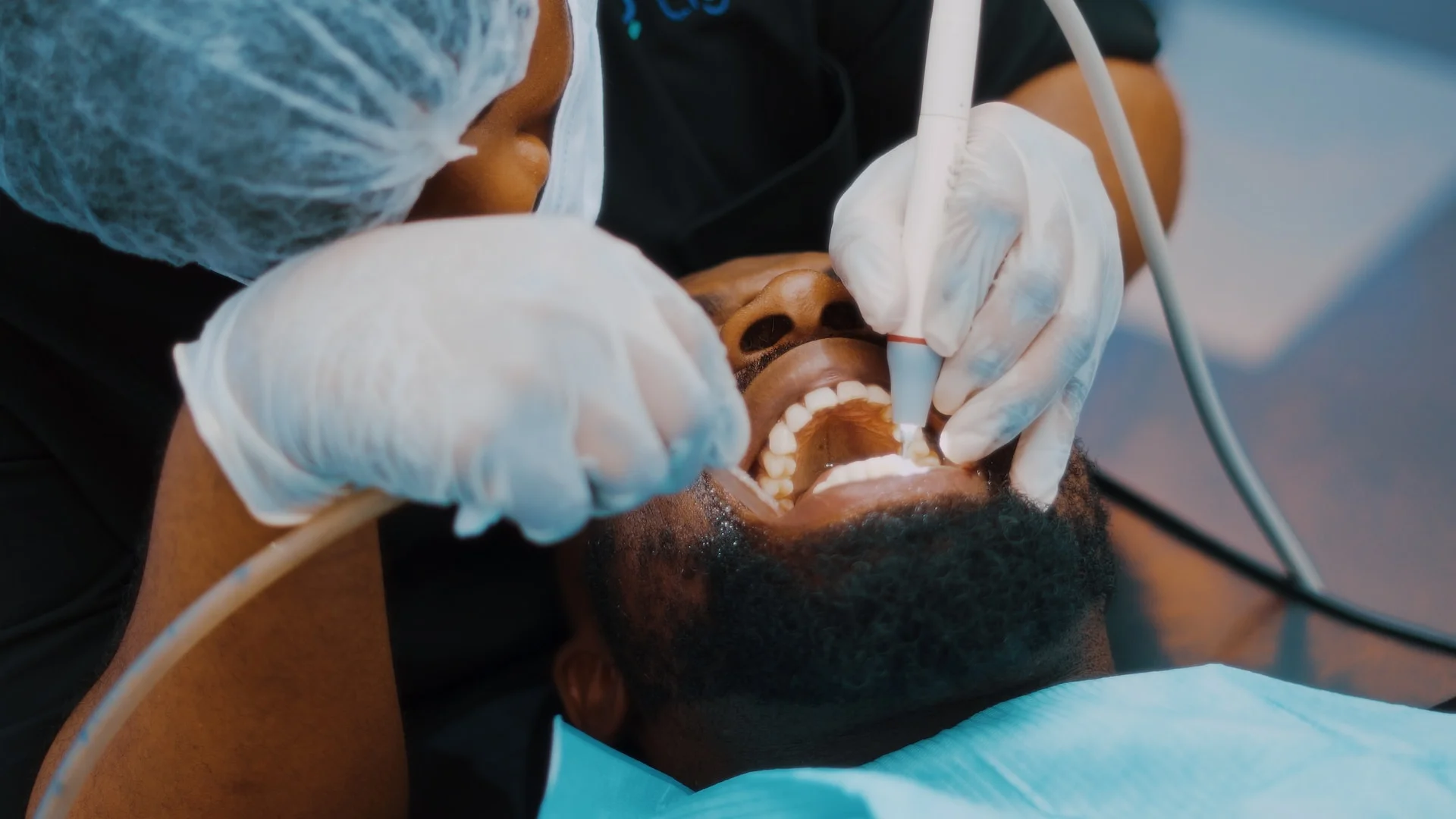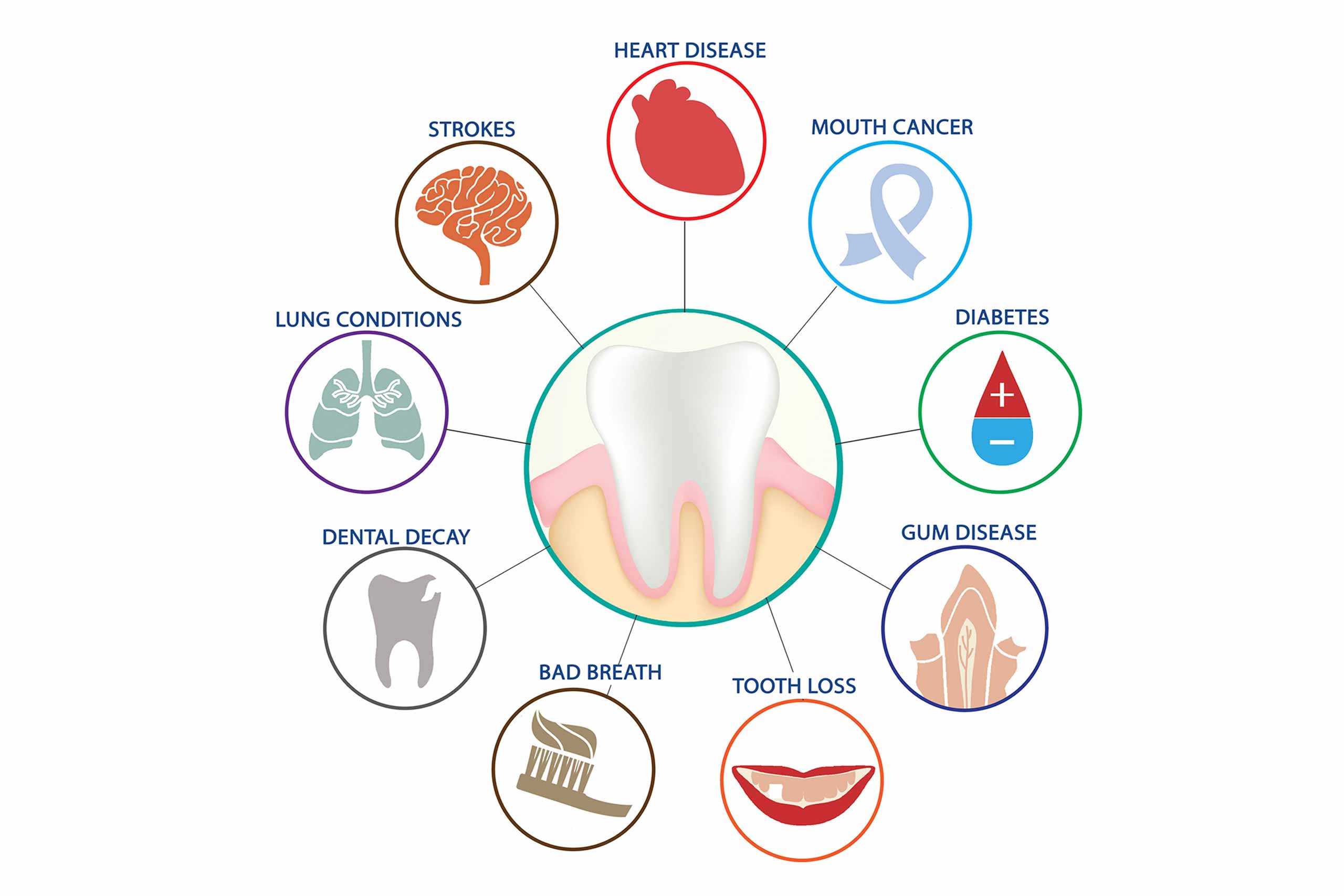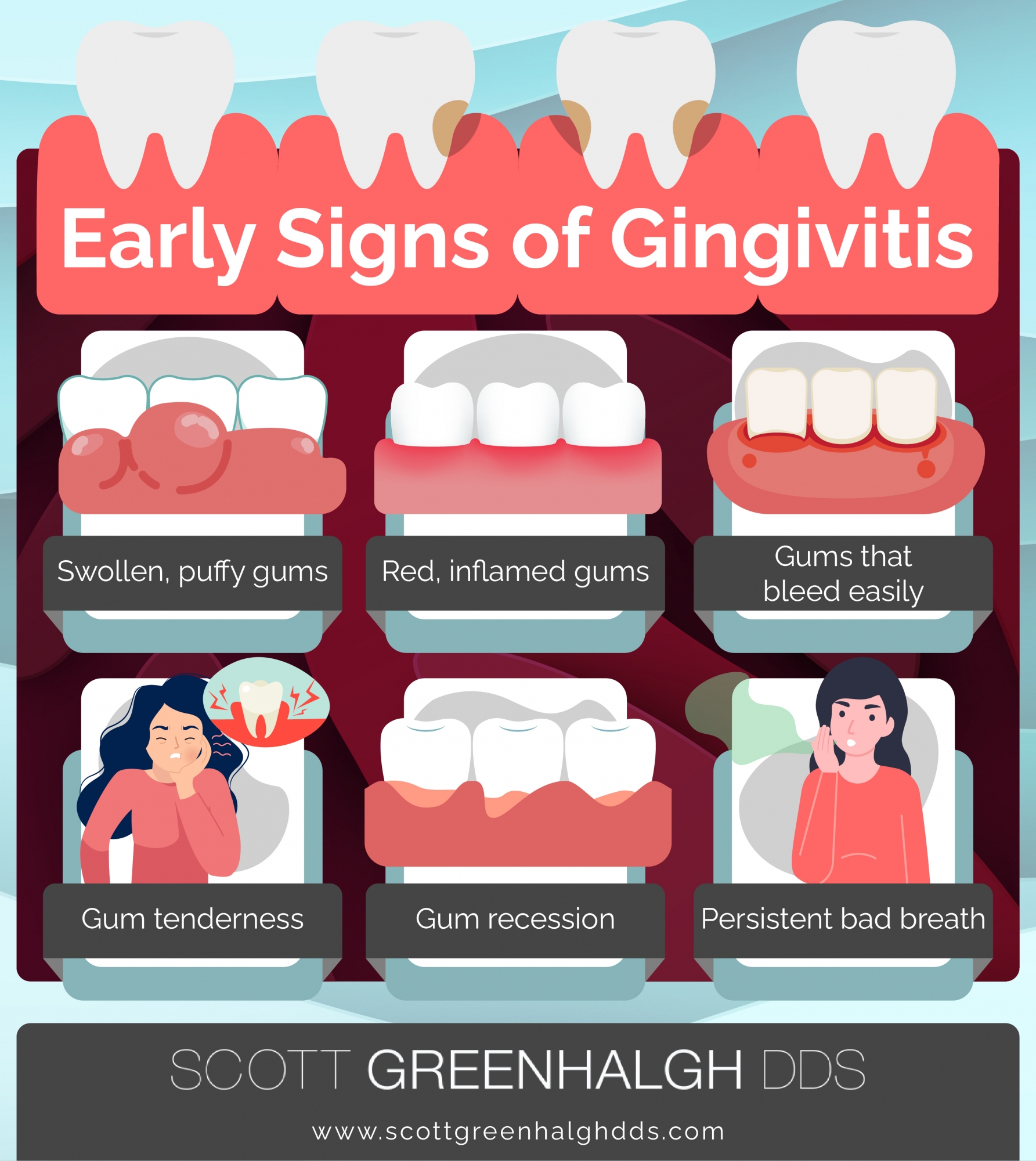Introduction
Gum disease, also known as periodontal disease, is a common oral health issue that affects people of all ages. It is caused by the buildup of plaque and bacteria on the teeth and gums, leading to inflammation and potential damage to the gum tissue and supporting structures. If left untreated, gum disease can progress and result in tooth loss. However, there are several effective strategies that can help prevent gum disease and maintain optimal oral health.
Maintain a Consistent Oral Hygiene Routine
One of the most effective ways to prevent gum disease is by maintaining a consistent oral hygiene routine. This includes brushing your teeth at least twice a day with a fluoride toothpaste and using dental floss or interdental brushes to clean between your teeth.
Use an Antimicrobial Mouthwash
Incorporating an antimicrobial mouthwash into your daily routine can help kill bacteria that may cause gum disease. Look for a mouthwash that contains ingredients like chlorhexidine or essential oils, as they have been proven to be effective in reducing plaque and gingivitis.
Quit Smoking
Smoking not only stains your teeth but also increases your risk of developing gum disease. The chemicals in tobacco products can damage your gums and reduce blood flow, making it harder for your gums to heal. Quitting smoking can significantly improve your oral health and reduce the risk of gum disease.
Eat a Balanced Diet
A healthy diet plays a crucial role in preventing gum disease. Include foods rich in vitamins C and D, as well as calcium, as they promote gum health. Avoid sugary and acidic foods, as they can contribute to plaque buildup and tooth decay.
Limit Alcohol Consumption
Excessive alcohol consumption can lead to dry mouth, which increases the risk of gum disease. Saliva helps wash away bacteria and neutralize acids in the mouth, so it’s important to stay hydrated and limit alcohol intake to maintain good oral health.
Visit Your Dentist Regularly
Regular dental check-ups and professional cleanings are essential for preventing gum disease. Your dentist can detect early signs of gum disease and provide appropriate treatment. Additionally, professional cleanings remove plaque and tartar buildup that cannot be removed by regular brushing and flossing.
Manage Stress

Stress can weaken your immune system, making it harder for your body to fight off infections, including gum disease. Find healthy ways to manage stress, such as exercising, practicing relaxation techniques, or seeking support from friends and family.
Summary
Gum disease is a prevalent condition that can have serious consequences if not addressed in a timely manner. Fortunately, there are various preventive measures that individuals can take to reduce their risk of developing gum disease. These strategies include practicing good oral hygiene, such as brushing and flossing regularly, scheduling regular dental check-ups, avoiding tobacco products, maintaining a healthy diet, and managing stress levels. By implementing site link these preventive strategies, individuals can significantly reduce their chances of developing gum disease and enjoy a lifetime of healthy smiles.
- Q: How can I prevent gum disease?
- A: To prevent gum disease, it is important to maintain good oral hygiene practices such as brushing your teeth twice a day, flossing daily, and using mouthwash. Regular dental check-ups and professional cleanings are also essential.
- Q: Are there any specific brushing techniques to prevent gum disease?
- A: Yes, it is recommended to use a soft-bristled toothbrush and brush in a circular motion. Make sure to brush all surfaces of your teeth, including the gumline, and replace your toothbrush every three to four months.
- Q: How does flossing help in preventing gum disease?
- A: Flossing helps remove plaque and food particles from between the teeth and along the gumline, where a toothbrush cannot reach. It is important to floss gently and thoroughly at least once a day.
- Q: Can a healthy diet contribute to preventing gum disease?
- A: Yes, a balanced diet rich in fruits, vegetables, and whole grains can help maintain healthy gums. Avoiding sugary snacks and beverages is also beneficial for gum health.
- Q: Is smoking linked to gum disease?
- A: Yes, smoking is a significant risk factor for gum disease. It weakens the immune system and reduces blood flow to the gums, making them more susceptible to infection. Quitting smoking can greatly improve gum health.
- Q: Are there any other factors that can increase the risk of gum disease?
- A: Yes, factors such as hormonal changes (in women), diabetes, certain medications, and genetic predisposition can increase the risk of gum disease. It is important to be aware of these factors and take extra care of your oral health.
- Q: How often should I visit the dentist to prevent gum disease?
- A: It is recommended to visit the dentist for regular check-ups and professional cleanings every six months. However, your dentist may suggest more frequent visits based on your individual needs.

Welcome to my website! My name is Jamie Raw, and I am a passionate Dental Researcher dedicated to advancing oral health and promoting holistic dentistry practices. With years of experience in the field, I am excited to share my knowledge and insights with you.




